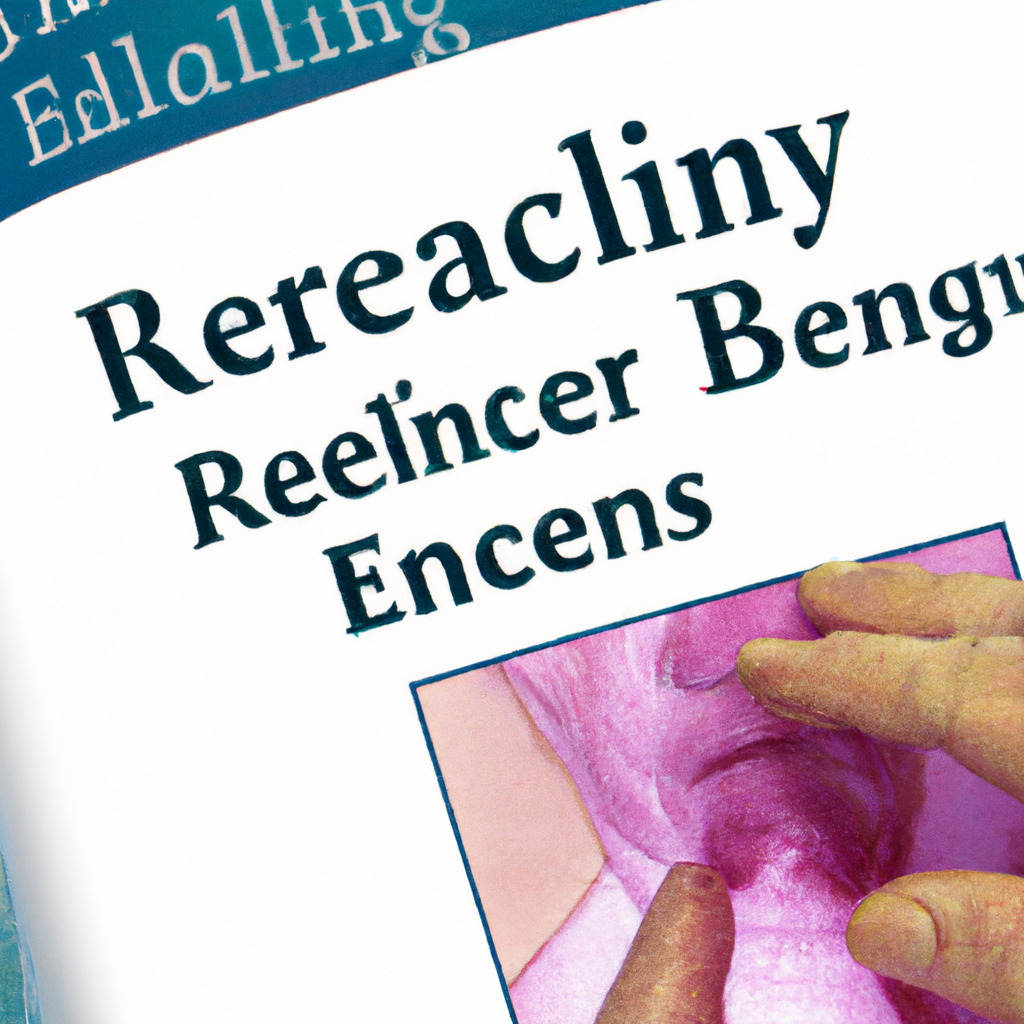As we age, respiratory health continues to be a prominent issue for health professionals everywhere. As an elderly person’s risk factors increase, so does the potential for developing breathing issues. Fortunately, with the right monitoring and management, elderly people can maintain a good quality of life. In this article, we’ll take a look at the important role that respiratory health can play in the lives of the elderly and what steps can be taken to ensure that the breathing issues they face are monitored and managed properly.
1. Assessing Respiratory Health in the Elderly
Key Assessment Considerations:
- Evaluating the elderly patient’s current respiratory and cardiovascular health
- Assessing risk factors for respiratory diseases and conditions, such as smoking and prior pulmonary infections
- Identifying symptoms of respiratory distress, such as shortness of breath and wheezing
- Ordering radiologic imaging, such as X-rays, to identify and assess lung disease
In order to properly assess an elderly patient’s respiratory health, it is important to first understand the underlying risk factors, as well as the various clinical symptoms and presentations of respiratory diseases and conditions. Evaluating the patient’s current cardiovascular health, such as blood pressure, pulse rate, and oxygen levels, is a vital step in determining the overall respiratory status.
Smoking is one of the most common risk factors for respiratory diseases, so it is important to assess the patient’s smoking history as part of the assessment process. Prior pulmonary infections, such as bronchitis or pneumonia, as well as environmental exposure to pollutants, should also be considered when assessing the patient’s respiratory health.
It is also essential to be aware of the various signs and symptoms of respiratory distress, so they can be appropriately identified and addressed. Symptoms may include shortness of breath, wheeze, cough, sputum production, and chest tightness. Similarly, extensive radiologic imaging may be required to confirm or rule out various lung diseases, such as COPD, interstitial pneumonitis, and pulmonary edema.
2. Guidance for Managing Respiratory Issues in the Elderly
Managing Comorbidities
As we age, conditions such as chronic obstructive pulmonary disease (COPD) and asthma become more prevalent. In many cases, they can be managed with medication. However, a proper diet and other lifestyle changes may be necessary for optimal care. A doctor should be consulted to assess the specific needs of each individual.
Regular Exercise
Exercise is an important part of respiratory health in the elderly. Activity improves blood circulation and lung capacity, as well as helping reduce the risk of developing certain cancers and other ailments associated with aging. Low-impact activities such as walking or water aerobics are beneficial, but other more vigorous exercises may be suggested depending upon the individual.
Quit Smoking
Smoking and long-term exposure to secondhand smoke are significant risk factors for respiratory problems. It is never too late to quit, and the benefits are immense. There are numerous resources available to help former smokers refrain from smoking, including medications and guidance from healthcare professionals.
Staying Out of Polluted Areas
Outdoor air pollution can aggravate respiratory problems, especially in extreme cases such as those with COPD or asthma. Taking note of air quality before heading outside is appreciated, especially during the summer and winter months when pollution can reach unhealthy levels. Air purifiers can also be used inside the home to reduce any remaining allergies or pollutants.
Stay Hydrated
Staying hydrated is essential for everyone, especially the elderly. Drinking a sufficient amount of fluids daily helps thin mucus, making it easier for the body to eliminate any respiratory buildup. Drinking more fluids also keeps one’s mouth, throat, and nose moist, which can prevent discomfort and coughing.
3. Taking Proactive Measures to Monitor Respiratory Health in the Elderly
Ensuring good respiratory health among elderly people is very important for sustaining a healthy lifestyle. That’s why it’s so important to take proactive measures to monitor their respiratory health and make sure any negative indicators are recognized and managed. Below, we’ll break down a few ways to actively monitor elderly respiratory health.
Encourage a Healthy Diet
A healthy diet is necessary to bolster the body’s defenses and protect against respiratory illnesses. This includes limiting processed foods which contain artificial ingredients and colors, as well as eating plenty of seasonal, nutrient-rich fruits and vegetables. Omega-3s are also an important part of the diet for combating respiratory inflammation.
Regular Exercise
Indulging in regular, moderate exercise is beneficial for preventing chronic states of respiratory inflammation, as it strengthens the cardiovascular system and helps to keep its functions in check.
Proper Use of Medications
It’s important to ensure that any medications used to treat respiratory-related conditions are taken correctly. This includes ensuring that the dosage instructions are followed, as well as being aware of any possible side effects that need to be monitored for.
Watch for Early Warning Signs
Often, the earlier that respiratory illnesses are detected, the better the chances are of a successful treatment. Therefore, it’s important to be aware of any early warning signs and act upon them. These can include:
- Persistent Coughing
- Shortness of Breath
- Wheezing
- Blueness of Lips
- Chest Discomfort
If you observe any of the above indicators, consult your doctor or other medical professional as soon as possible.
These are just a few things that can be done to monitor respiratory health in the elderly. Making sure to stay on top of their health and any related issues is key to ensuring they have a happy and healthy life.
4. Taking Care of Your Aging Lungs: Advice from the Experts
As we age, our lungs can become less efficient at doing their job of pumping oxygen throughout the body. As a result, taking care of our aging lungs is essential for maintaining our health and well-being. Here’s a few tips from respiratory experts on how to stay healthy:
- Give up smoking: This should be the first step for anyone wanting to keep their lungs healthy. Smoking damages the lining of the lungs and increases the risk of lung cancer and other respiratory diseases.
- Eat a balanced diet: Eating a variety of fruits, vegetables, and other healthy foods can help to reduce inflammation in the lungs and help protect against infections.
- Stay active: Staying active is important for maintaining lung health. Regular physical activity can help reduce the risk of developing chronic lung diseases such as asthma and COPD.
- Avoid air pollution: Air pollution can irritate and damage the lungs, leading to respiratory illness. Avoiding busy roads and smoggy city centres where possible can help.
Respiratory experts also recommend drinking at least 8 glasses of fluids a day and avoiding any thunderstorms. Thunderstorms can contain pollutants which can irritate the lungs.
Finally, regularly visiting your doctor or primary care provider is essential for maintaining lung health. Early diagnosis of any symptoms can help to prevent long-term damage.
As we come to the end of our article, let us remember that engaging in regular respiratory exercises and focusing on breathing techniques can go a long way to ensuring the respiratory health of seniors. With the right education and support, elderly people can be empowered to exercise their rights and get the care they deserve to relax and take a breath for a healthier life.



